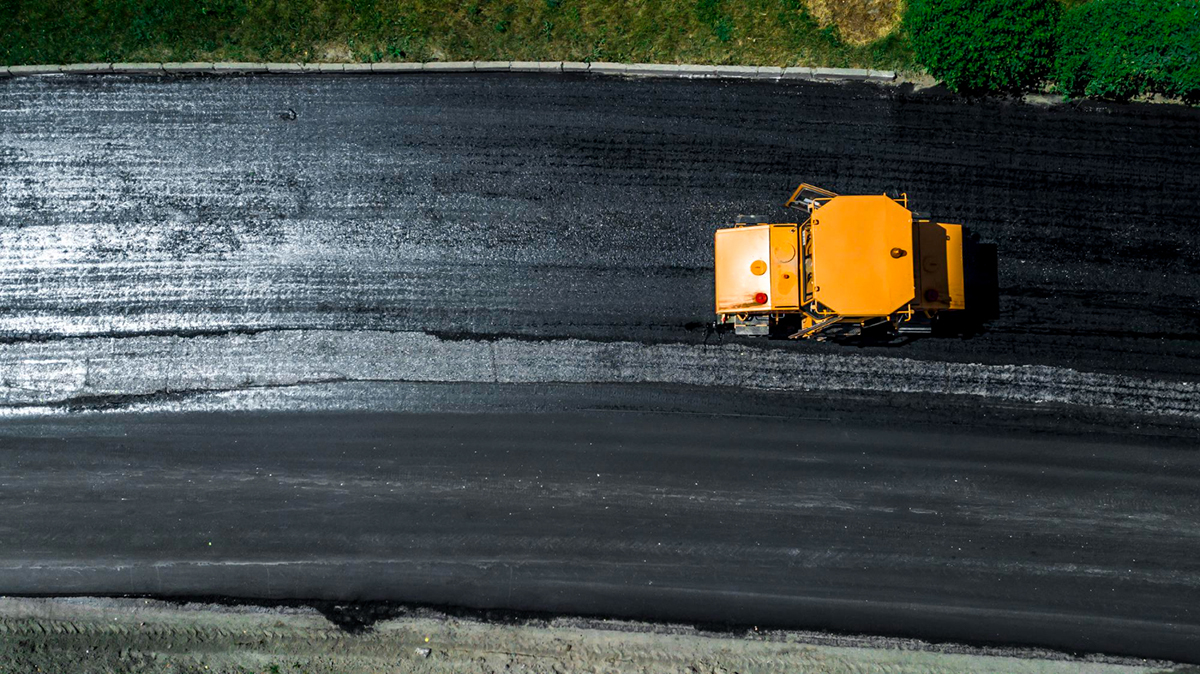
Asphalt is used in many roads, parking lots, and driveways. And when it comes to protecting it, sealcoating is one of the best ways to ensure it lasts for many years. When considering sealcoating, there are many options available, one of which is acrylic. While acrylic has benefits, it also has some downsides. In this blog post, we will discuss the pros and cons of using acrylic for sealcoating asphalt.
Pros of Acrylic Sealcoating
- Durability
Acrylic, unlike other sealcoating options, lasts longer and is more resistant to weather conditions. It’s easy to repair and maintain, giving it a significant advantage over other options.
- Impact-Resistant
Acrylic is resistant to oil stains and other debris like gasoline spills and antifreeze, ensuring that your driveway or parking lot looks clean, and nothing sticks to it.
- Color Enhancer
Acrylic lasts longer without fading, unlike other seal coating options. It enhances the color of your driveway or parking lot, giving it a polished and well-maintained look.
- Cost-Effective
Acrylic is cost-effective because it can last up to three times longer than traditional seal coating materials.
Cons of Acrylic Sealcoating
- Poor adhesion
Acrylic can have poor adhesion, depending on the surface it’s applied to. This decreases the lifespan of the seal coating, especially when applied to an unpaved or rough surface.
- Requirements for the Application
Acrylic requires specific environmental conditions, like warm temperatures and dry weather, for proper application. Without these conditions, the seal coat may not adhere to the surface properly.
- Slipperiness
Acrylic can become slippery when wet, which can make it dangerous in homes or commercial areas with high traffic and foot traffic.
- Longevity concerns
Some experts claim that acrylic has a smaller lifespan than coal tar, asphalt emulsion, and other sealcoats. This means that you might have to replace or reapply acrylic sealcoating sooner than you would with other options.
Conclusion
Overall, acrylic is an excellent option for sealcoating because of its wide range of benefits over other sealcoating options. However, it is not without its problems. Acrylic is not recommended to be applied in all weather conditions, and it can have poor adhesion depending on factors like surface texture. If you’re looking for a sealcoating solution in Orlando, reach out to an experienced professional like Florida Sealcoating to diagnose your gravel or asphalt surfaces and suggest the best sealcoating material for you. That way, you can ensure that your driveway or parking lot is properly protected and lasts for many years to come.
